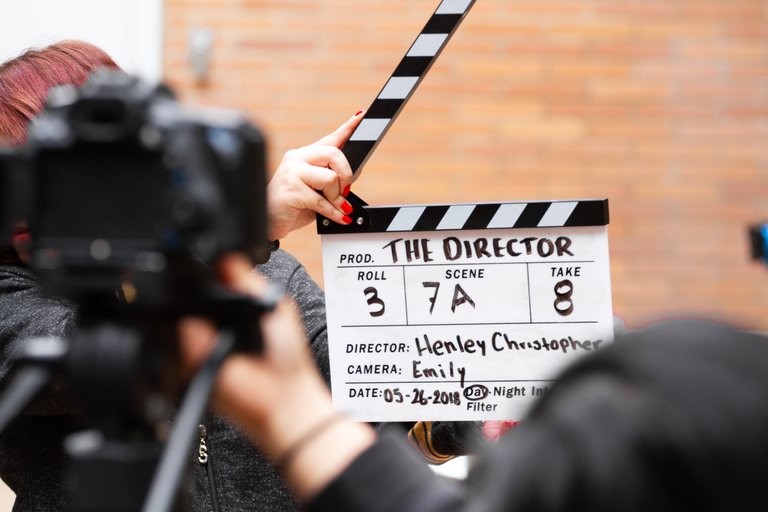Movies And Reality: Life Is A Movie
"Happily ever afters" are more common in movies than in reality. I find it interesting that movie creators have this urge to end their creations on a happy note, to inspire and motivate.
But what's really interesting to me is that despite their apparent differences, both share a common ability to connect with us on an emotional level.
Obviously, movies are a imitation of reality with added ingredients, and the unreality of today's movies is quite amazing. I feel modern movies are hyper real, in that they go over and beyond to portray a version of reality that in a parallel universe could actually be real.
Movies can evoke feelings of joy, sadness, anger, and everything in between. Since they allow us to step outside of ourselves and see the world through different perspectives, which makes them a good learning material to make sense of life in general, in my view.
Narrative Structure And Agency
However, a telling difference between the two is that unlike the neatly packaged narratives presented in movies, with clear beginnings, middles, and ends, real life is an ongoing and open-ended adventure. It unfolds in very unpredictable ways, filled with a broader scope of unexpected twists and turns.
Additionally, movies often portray characters and situations that are largely controlled by the narrative, whereas in real life, we have the agency to make our own choices, shaping our own unique stories.
The sentiment behind the phrase "life is a movie" has been expressed by various philosophers and writers throughout time. Many of them contemplated the nature of reality and existence using metaphors that compare life to a play, a dream, or a story.
For instance, the ancient Greek philosopher Plato's allegory of the cave, explores the concept of our perception of reality being limited, similar to watching shadows on a cave wall.
Looked in a certain way, this implies that our own reality is a movie and we as characters are controlled by the prevailing narrative, since we can't see beyond that.
Similarly, William Shakespeare, the renowned playwright, famously wrote in As You Like It, "All the world's a stage, And all the men and women merely players. They have their exits and their entrances; And one man in his time plays many parts."
This one highlights the idea that life, like a play, is a temporary performance with its own set of characters, plotlines, and themes.
The Existentialist Perspective
More recently, the existentialist movement, explored by philosophers like Albert Camus, grappled with themes of individual freedom and responsibility within an often meaningless world.
How this movement is connected to the "life is a movie" perspective is that it emphasizes the idea that individuals create their own meaning and purpose in life, similar to how actors create their own interpretations and portrayals within a play or movie based on their own points of view.
At first glance, the existentialist perspective might seem empowering. It suggests that we are not bound by a predetermined script, but rather have the freedom to author our own narratives.
The prevailing societal narratives or cultural norms hold less influence over our live and we are ultimately responsible for shaping our own meaning and purpose.
However, it's important to note that this freedom also comes with inherent challenges. For one, the absence of a clear script or prescribed meaning will lead to frequent feelings of uncertainty, anxiety, and even isolation.
Secondly, unlike characters in a movie who operate within a defined framework, we must navigate a complex and ever-changing world without a predetermined path to follow.
In conclusion, through examining various philosophical and literary connections between life and movies, we gain a deeper understanding of the enduring human impulse to draw parallels between life and various forms of storytelling.
For me, this exploration allows me to reflect on the multifaceted nature of our existence and also delve into the never ending search for meaning within it.
Thanks for reading!! Share your thoughts below on the comments.
Posted Using InLeo Alpha

